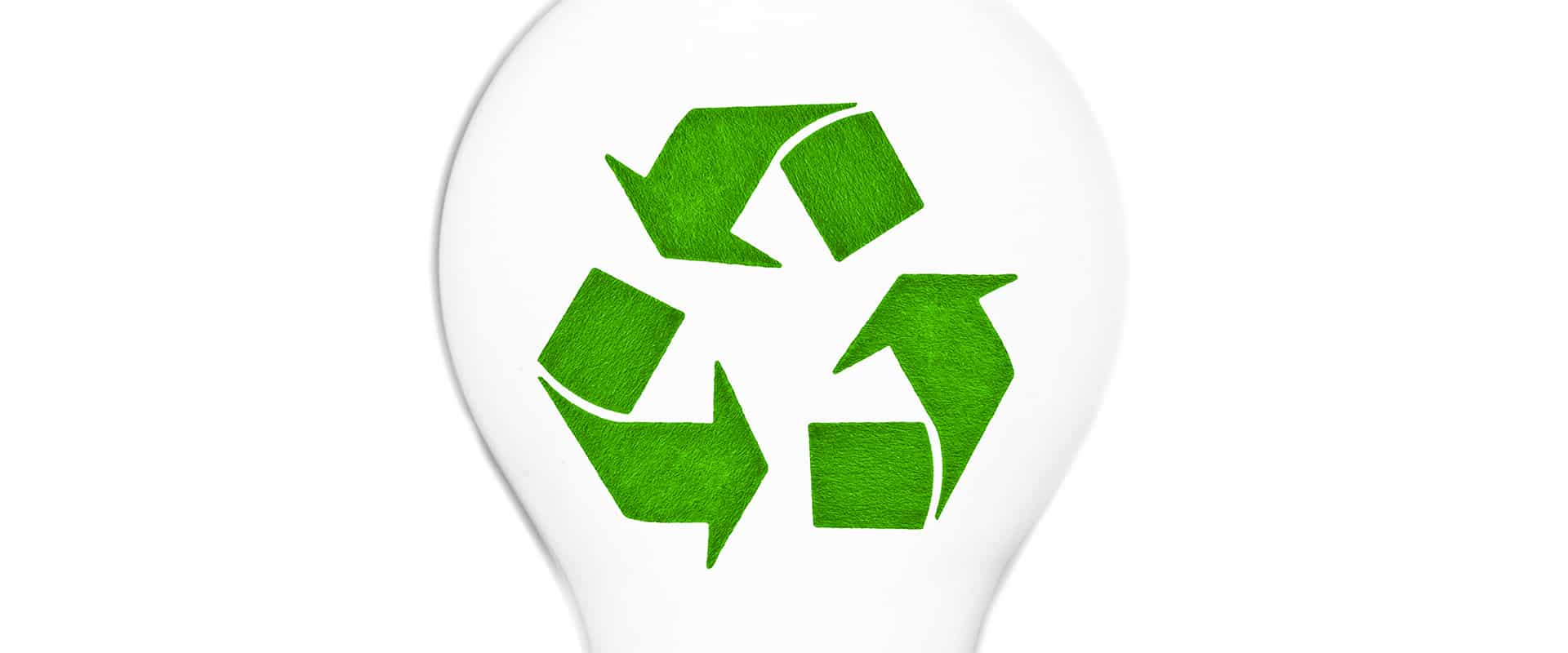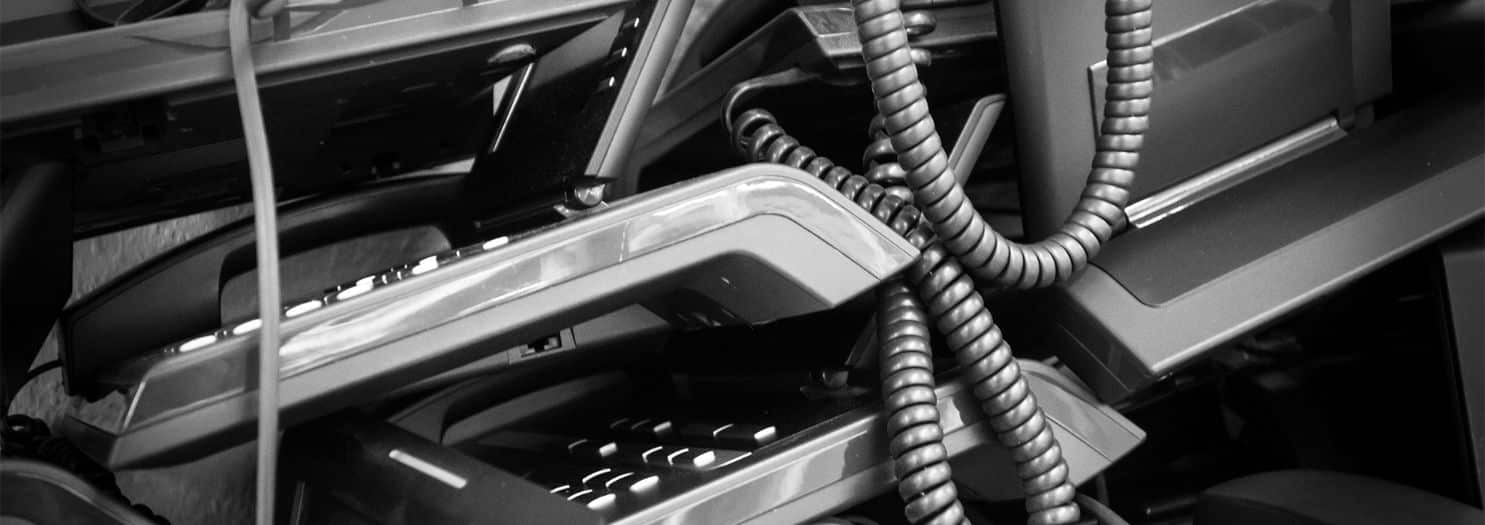Conservationists use the term “recyclability” to demonstrate their actions. It is necessary to ask what are its advantages and disadvantages. Some players in the field of electronics tend to challenge this new trend by denigrating its benefits. To do this, they rush to expressly design electronic equipment that can only be used for a short period of time.
Recyclability and sustainability

The idea of accessing the best of technology boosts the rise of electronic waste. Last year, consumers threw away more used electronic equipment such as tablets, computer monitors and cell phones in favor of the latest model or update.
According to a small study, more and more e-waste could pollute the planet due to EPR policies. Therefore, recyclability should be prioritized over sustainability. Indeed, electronic equipment harms the ecosystem. An effective and sustainable solution is needed to limit the proliferation of electronic waste.
Further research has considered the effects of EPR policies on electronic devices by taking into account their specificities and components. The researchers have drawn several mathematical models that consider the difficulty of improving the durability and recyclability and the manufacturing budget of this equipment. To achieve this work, it was necessary to evaluate the recycling possibilities of each electronic device and the interaction between recyclability and durability in its manufacture.
The aim of this research is to design action policies that encourage manufacturers to develop more environmentally friendly products. In short, the idea is to set up several scenarios regarding the application of appropriate policies depending on the category of electronic devices.
Environmental specialists argue the need to carefully evaluate each product taking into account its characteristics and uses. Thanks to this assessment, it then becomes possible to define how a product should be manufactured and become environmentally friendly.
Recycling: an important action

In order to maintain the state of the planet and our quality of life despite electronic waste, recycling is the preferred option. However, the majority of us are not aware that we are doing it properly. Still, recycling offers many benefits. The techniques used are multiple, which can lead to confusion.
Quebec recycling involves electronic recovery: the recovered products are mostly worn or dysfunctional equipment. Instead of throwing them away, they are given a second life. This action helps to reduce the ecological impact and preserve the following communities by:
- Reduces the volume of e-waste in landfills and incineration industries;
- Requires only a small amount of energy;
- Limits carbon emissions;
- Reduces the rate of water and air pollution;
- Preserves the natural resources essential to humanity (flora, water…);
- Protects wildlife and its natural habitats;
- Promotes job creation and the maintenance of the economy.
How to distinguish recyclable products?
The term “recyclable” has been defined by ISO 14021 as the character of a product that can be transformed according to a predefined process. After collection, the product is processed and used to design a new electronic device or component.
Some materials are fully recyclable and others are partially recyclable, while others are not. Due to the lengthy collection, processing and marketing process, technical recycling has been decoupled from actual recycling.
Actual recycling is assessed based on the potential of each material to be processed and used as raw material. Thus, a collected material can be recycled or not depending on its “recyclability”. Demand from recyclers determines the rate of electronic recycling.

